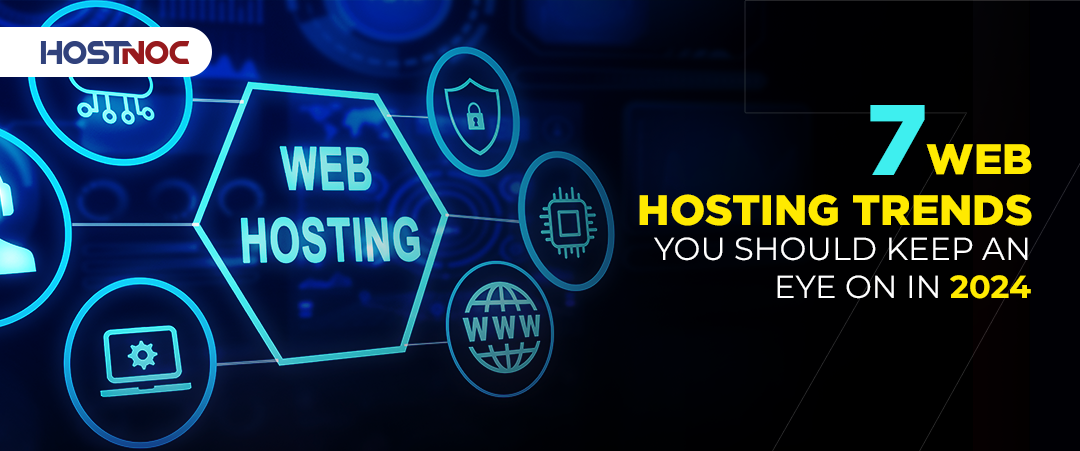7 Common Cloud Hosting Mistakes Businesses Make and How to Avoid Them

7 Eye-Opening Loyalty and Reward Program Attacks You Should Know About
July 30, 2021
7 Shocking Things That We Learned At Black Hat USA 2021
August 17, 2021Cloud computing has become a buzzword. Just like every other technology, it has its ups and downs, but the positives outweigh the negatives. This is why many businesses have already migrated their data to the cloud.
According to statistics, 90% of companies have already shifted to the cloud with 60% of the workload running on a hosted cloud service. One-third of an organization’s IT budget is dedicated to cloud services. The public cloud market will grow beyond $330 billion in 2020. Despite all this, very few companies take full advantage of cloud capabilities because they make cloud hosting mistakes that prevent them from making the most out of their cloud investments.
In this article, you will learn about seven common cloud hosting mistakes your business might be making and how to avoid them.
1. Setting Unrealistic Expectations
One of the biggest misconceptions businesses have when they are migrating to the cloud is that everything from their software, tools and operating systems will be compatible with cloud and they can easily make the switch from traditional to cloud systems. Sadly, that is not true in most cases. Different software and operating systems have specific requirements that need to be met for them to work at their best. You should be prepared to face compatibility issues down the road. Always inquire about operating systems and software compatible with your cloud hosting providers.
2. Neglecting Performance
Businesses need to understand that not all hosting providers offer the same level of performance. While all service providers make similar claims, only a handful manage to fulfil their promises when it comes to performance and uptime. In fact, their capacity to handle clients and performance levels differs greatly. Look out for features such as the top of line encryption, unlimited cloud storage space and the ability to retrieve previous file versions. Choose a cloud provider that delivers exceptional performance inside your budget without any compromises. Avoid cutting corners when it comes to performance as it can hamper the overall experience.
3. Choosing The Wrong Cloud Type
There are three types of cloud:
- Public cloud
- Private cloud
- Hybrid cloud
A public cloud is less expensive and offers better security. In a public cloud environment, the hosting provider is responsible for managing the cloud infrastructure. On the other hand, a private cloud is more expensive and is less flexible as compared to the public cloud.
If you want the best of both worlds, you can go for a hybrid cloud model. Unfortunately, most businesses are oblivious to the differences between these types. As a result, they end up choosing the wrong cloud type and pay a hefty price for it.
4. Ignoring Support
One of the biggest sources of revenue for IT companies in general and cloud hosting providers is support. Just like performance, service level tends to vary from provider to provider and plan to plan. Instead of getting an unpleasant surprise in the form of a hidden service fee, it is better that you discuss your service and maintenance cost upfront and negotiate it with potential cloud providers. Make sure you read the service level agreement carefully and look out for service charges.
5. Not Testing and Comparing Different Cloud Providers
With dozens of different cloud providers vying for your attention, it becomes extremely difficult to choose the best one. Tall claims made by all cloud providers complicate things even further. The only way to choose the best cloud hosting provider is to do some research and compare them with one another.
Go online, read reviews, and compare ratings. Contact users who have already used their service and inquire them about their experience with the cloud hosting provider. Pit them against one another and see which one comes out on top. You can also narrow down the number of cloud service providers by considering your budget. Leave out options that will break the bank and only consider those that check all the boxes. Choose a cloud provider that offers you the best bang for your buck.
6. Moving Everything To The Cloud
Cloud computing has become one of the most discussed topics lately but that does not mean that you should migrate your complete infrastructure to the cloud. Smart business owners are still sceptical about cloud adoption due to privacy and security issues. Even if they do embrace cloud technology, they do it gradually by taking a hybrid approach.
This means that they migrate less important data to the cloud while keeping their business-critical data in house stored on their best dedicated servers. Moving all your data to the cloud might not be a sensible move until its security and privacy issues are ironed out.
When you transfer all your data to the cloud, you are literally handing out your data to cloud providers and there are hackers who can easily bypass cloud security measures and gain access to your data. Choose a cloud provider that prioritizes security and offers exceptional security features to keep your data safe.
7. Not Considering Backup and Disaster Recovery
Irrespective of how good cloud systems might be there is always a risk of failure, whether it is due to natural disaster, technical issues, or anything else. That is why it is important for businesses to consider backup and disaster recovery and choose cloud service providers which offer these facilities. You don’t want to lose your data due to technical failure.
Having a backup offer you peace of mind and let you restore your data from a backup even if something goes wrong. Additionally, you do not have to worry about data corruption or ransomware attacks. You won’t have to pay a ransom to a cybercriminal because you have a data backup to fall back on.
Which is the biggest cloud hosting mistake you have ever made? Share with us in the comments section below.



